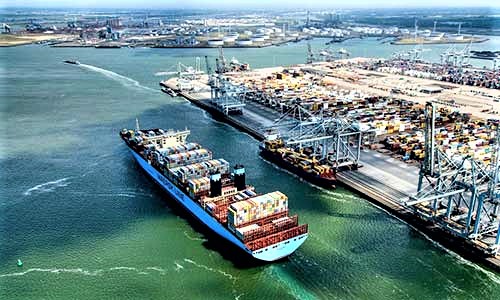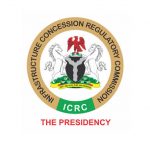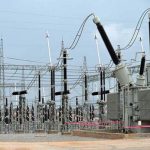The Infrastructure Concession Regulatory Commission (ICRC) has confirmed that the $3.5 billion Bakassi Deep Seaport construction is set to begin soon. This development marks a major step forward for Nigeria’s maritime sector and economic infrastructure.
Dr. Jobson Ewalefoh, Director-General of the ICRC, announced during a key stakeholders’ meeting, where a formal endorsement for the project was signed. The project is a central initiative under Governor Bassey Otu’s administration in Cross River State and is expected to enhance Nigeria’s port capacity while driving regional development significantly.
The Bakassi Deep Seaport is a public-private partnership (PPP) with financing secured from the African Export-Import Bank (Afreximbank). This backing from international institutions underscores growing confidence in Nigeria’s economic outlook. Dr. Ewalefoh highlighted the Cross River State government’s dedication to advancing the project, supported by newly streamlined processes within the ICRC designed to expedite PPP projects without sacrificing quality.
“Our focus has been on making the process more efficient while maintaining rigorous benchmarks,” Ewalefoh said. “With the commitment from Governor Otu and the involvement of key stakeholders such as the Ministry of Marine and Blue Economy, the Nigerian Shippers’ Council, and others, we are confident that the Bakassi Deep Seaport will be completed in record time.”
Ewalefoh also stressed that the port would benefit not just Cross River State but the entire country, positioning Nigeria as a central hub for regional trade. “The Bakassi Deep Seaport will reinforce Nigeria’s position as a gateway to regional trade and economic growth,” he concluded.
Once operational, the Bakassi Deep Seaport will relieve congestion in Lagos and other major Nigerian ports. It will serve as a critical infrastructure piece for the Eastern region of Nigeria, tapping into the country’s growing agricultural sector. The port will also provide new export routes, boosting trade not only within Nigeria but also with neighboring African countries. Its designation as an Agro-Value-Chain port is expected to enhance Nigeria’s agricultural exports, benefiting both the South-South region and the North.
Governor Bassey Otu’s administration has taken a proactive role in moving the project forward, with Dr. Ewalefoh likening the governor’s efforts to the final lap of a relay race. He expressed confidence in Otu’s ability to ensure the timely delivery of this critical infrastructure.
“You have the resources and the team to ensure the timely delivery of this critical infrastructure,” Ewalefoh said, praising the governor’s determination. He also referenced President Tinubu’s call for international investors to invest in Nigeria, noting that the Bakassi Deep Seaport is helping create a favorable environment for such investments.
The Bakassi Deep Seaport holds significant strategic importance for Nigeria’s future. It is expected to redistribute port traffic from Western corridors, positioning Bakassi as a new hub for international trade routes. The port will enhance Nigeria’s export capabilities, particularly for agricultural products, allowing the country to better leverage its vast agricultural resources.
The endorsement meeting, attended by key stakeholders such as the Nigerian Ports Authority (NPA) and the Nigerian Shippers Council, marked the culmination of months of negotiation and planning. Afreximbank’s involvement highlights the confidence of international financiers in Nigeria’s infrastructure initiatives, a point Ewalefoh emphasized, despite global economic uncertainties.
The Bakassi Deep Seaport project is a clear signal of Nigeria’s commitment to expanding its economic infrastructure and strengthening its role in global trade.










